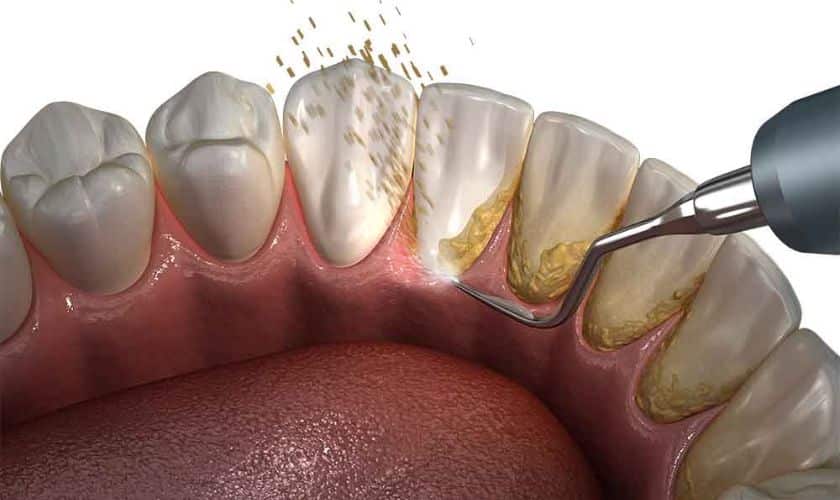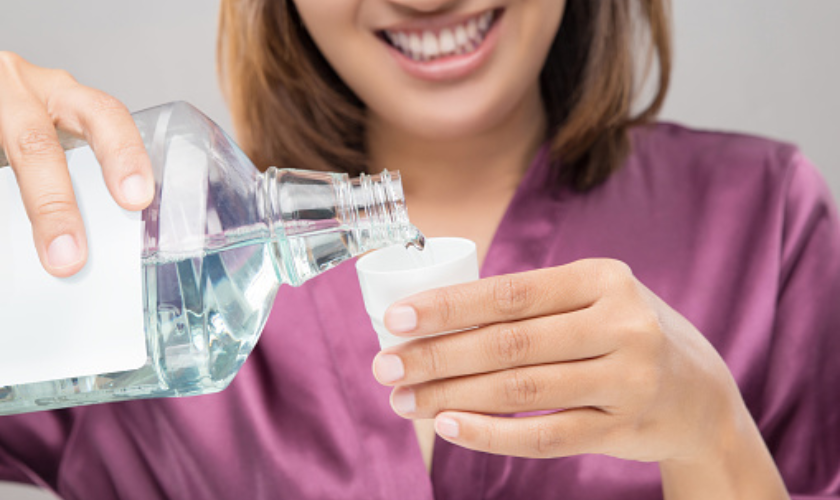
March 29, 2013
Most of us consider anti-bacterial mouthwash to be a preventative measure, fighting off bad breath and gingivitis. As we’re now finding out, however, sometimes antibiotics do more harm than good. Antibiotic resistance is a growing problem throughout the world. The question is, does antibacterial mouthwash lead to bacteria-resistant bacteria in the mouth? The jury’s not out, but there have been some studies done indicating that it can be an issue.
To explain it simply, antibiotics kill most, if not all bacteria. Unfortunately, the bacteria left behind are the most stubborn and hard to kill. So when antibiotics are overused, all of the good bacteria, and weak bacteria are wiped out, leaving only the strong, resilient bacteria. With none of the weak, or good bacteria to balance it out, and prohibit its growth, the strong bacteria grow stronger, more powerful, and even harder to kill. If we apply this theory to antibacterial mouthwash, it might make you rethink taking that after floss swish.
It’s widely believed that oral flush, or candida overgrowth, in otherwise healthy adults, can be caused by overuse of antibacterial mouthwash. Candida is a fungus that lives in everyone and is healthy and even beneficial when present in the proper amount. When there’s an overgrowth of candida, however, it can cause a whole host of problems. From foot fungus to the issue at hand, oral thrush. It’s common knowledge that candida overgrowth is a direct result of antibiotics. This is why it’s recommended to take probiotics and eat sugar-free yogurt while taking an antibiotic regimen. Luckily for mouthwash enthusiasts, the instance of oral thrush procured through mouthwash is very rare, and the result of chronic overuse.
As far as other symptoms of resistant bacteria overgrowth due to overuse of mouthwash goes, there have been studies that indicate this risk exists, but nothing conclusive has been proven. In a study titled Presence of Antibacterial Resistant Bacteria Found in a Human Mouth using PCR and Gel Electrophoresis conducted by Zander, A. He explains,
“The alternative hypothesis that there would be a difference in the growth and survival, as well as the band patterns obtained from gel electrophoresis of the bacteria from the two different mouth sources, was supported by this experiment.”
The experiment was a small one, however, and a few discrepancies made the results less than conclusive.
Another small study conducted by a student named Alison Burchett from Centralia, WA, indicated antibacterial resistant bacteria present in frequent users of mouthwash. Burchett’s study earned her a finalist position in the Washington Junior Science and Humanities Symposium. Her report reads,
“Bacteria exposed to mouthwash on a daily basis showed signs of resistance.”
While these small studies are by no means conclusive, it does seem reasonable to limit your use of antibacterial mouthwash. Cutting it out altogether isn’t necessary, considering its plaque and bacteria-killing properties are substantial. Nothing is good in excess, and it appears mouthwash is no different. Hopefully, more conclusive research on Anti-Bacterial will be done in the future so we can better understand this issue.
Recent Posts

Top Benefits of Using a Sedation Dentist in the Portland Area
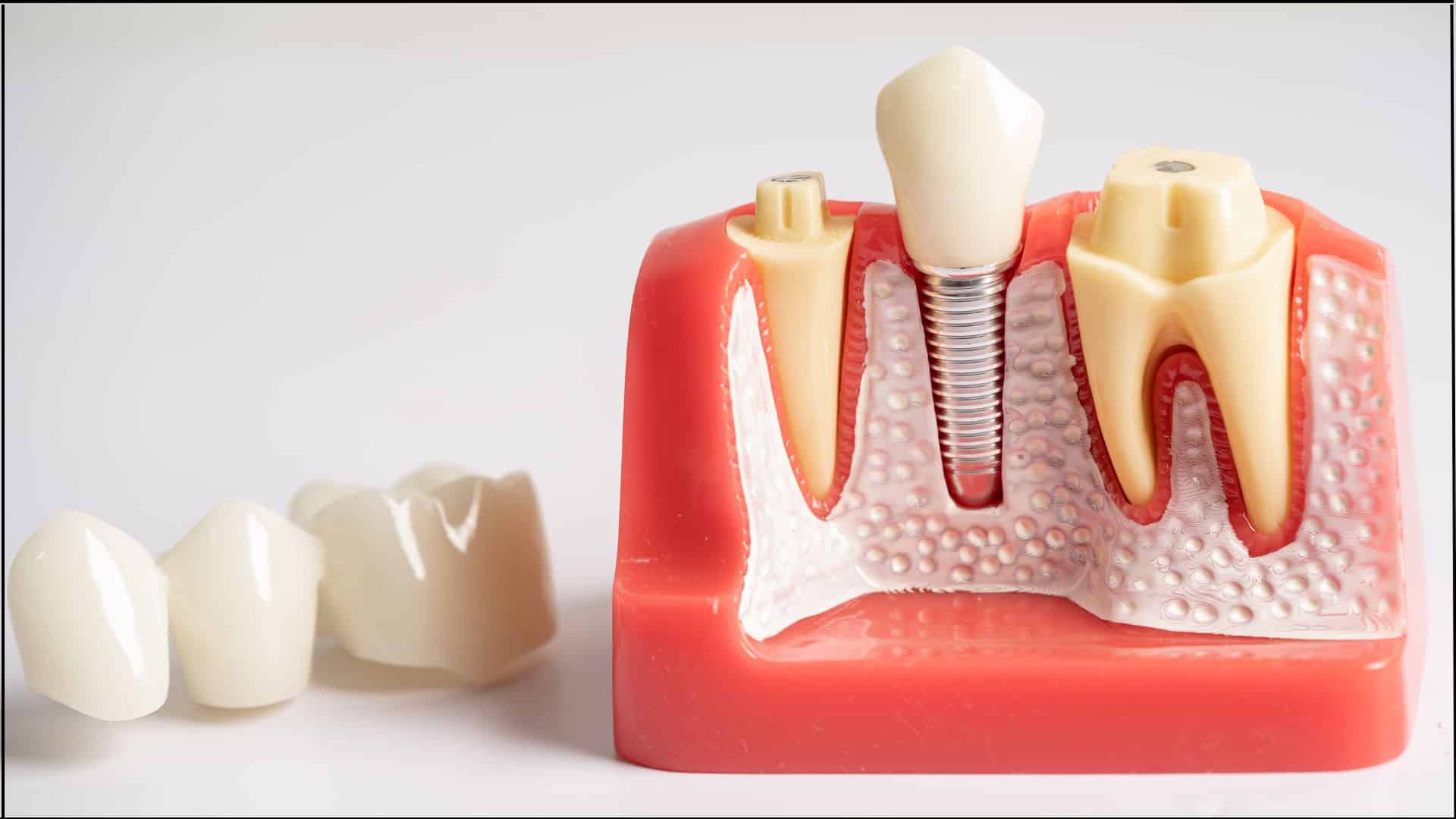
Missing Teeth? How Dental Implants Can Restore Your Smile
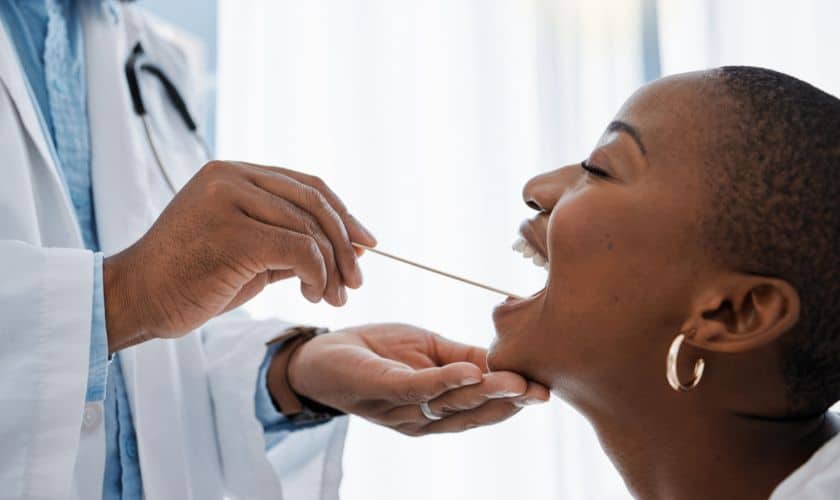
Oral Cancer and Dental Professionals: The Frontline of Defense
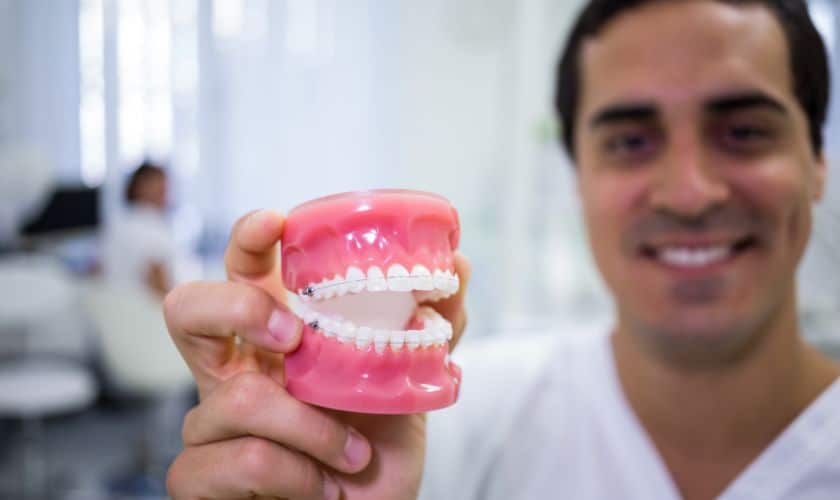
Fresh Breath Quest: Knowing When to Seek Dentist Help for Bad Breath
